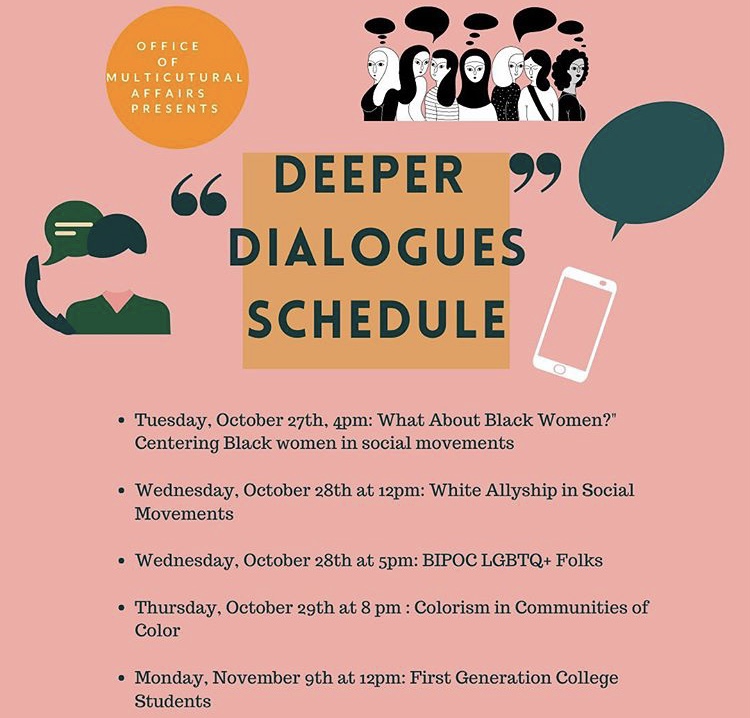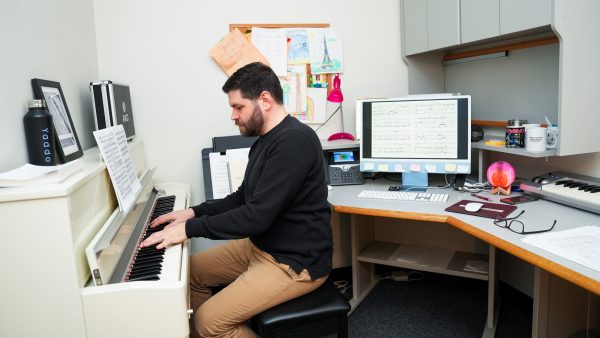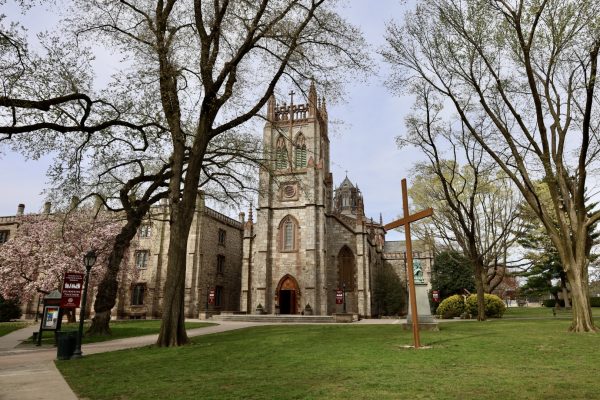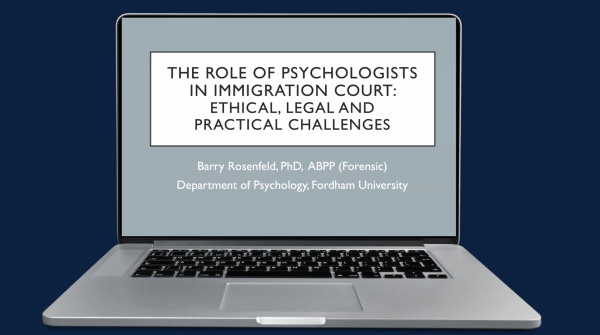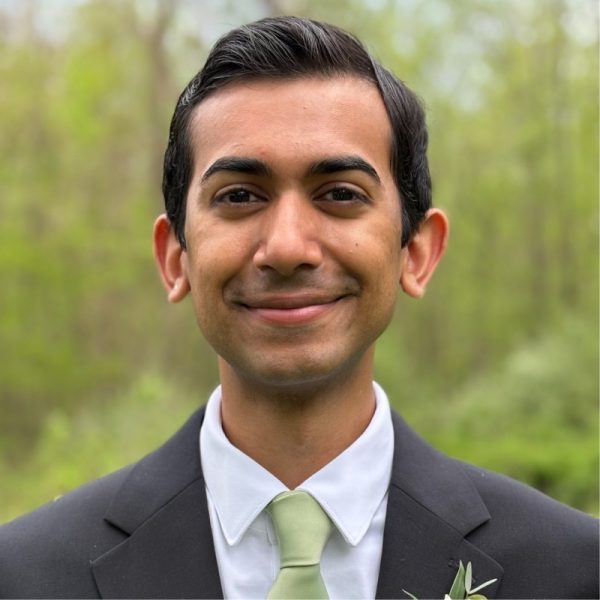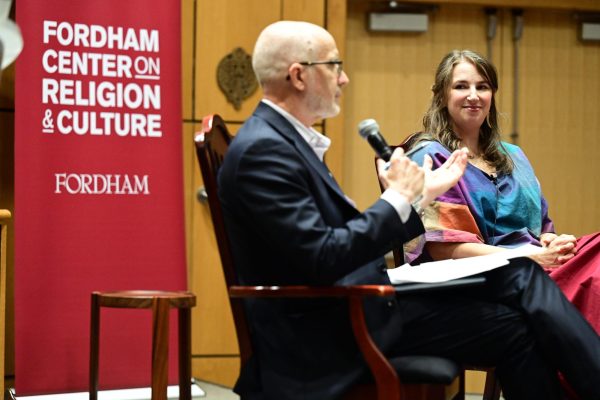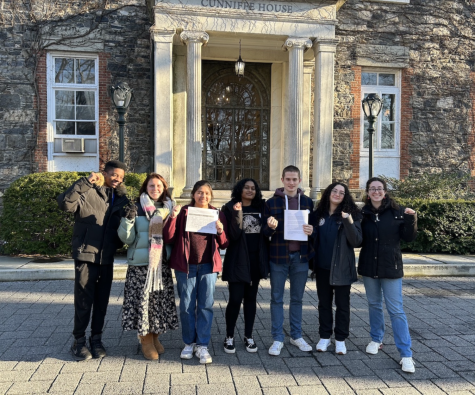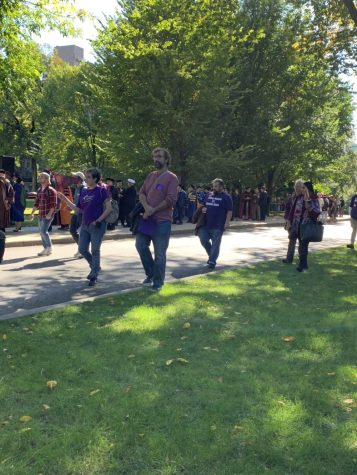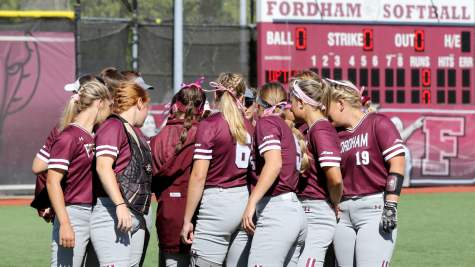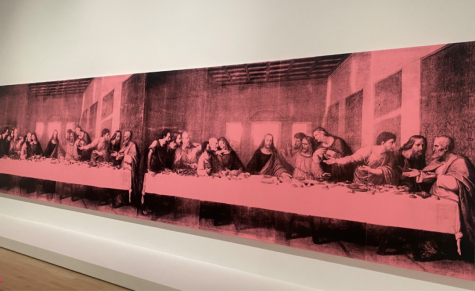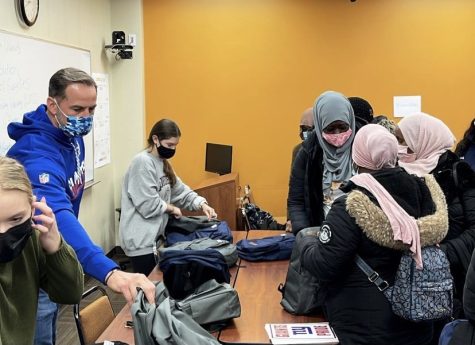OMA Concludes Deeper Dialogues Sessions
The Office of Multicultural Affairs (OMA) recently held the first session of its Deeper Dialogues program, a series of seminars about a variety of topics dealing with diversity and social justice. The sessions began on Oct. 27 and ran through Nov. 9.
OMA first explored the idea of creating Deeper Dialogues in 2013. The programs are led by Assistant Vice President for Student Affairs for Diversity and Inclusion Juan Carlos Matos.
“The hope behind these dialogues was, and still is, to bring together a small cohort of participants to discuss a variety of topics over an extended period of time,” Matos said. “Having participants meet with the same group over multiple sessions aids in the ability to build trust and a level of comfort to dive deeper into the various topics the sessions offer.”
The program overview released by OMA said this series hopes to “engage the Fordham community in thoughtful and authentic dialogue by providing space for reflection and exploration of the self.”
When the program originated, the Deeper Dialogues were only available to undergraduate students to provide “a very particular experience” that mirrored similar programs on other campuses, Matos said. This year, OMA opened the program to the entire Fordham community as a way of extending conversations.
“Folks have really enjoyed the experience of having an ongoing dialogue with folks around specific topics,” Matos said.
Typically, two Deeper Dialogue sessions are held each semester, but this year’s sessions only met once. The program this fall focused on conversations surrounding racism and allyship. Each topic is facilitated by one administrator and one Diversity Peer Leader.
“One of the participants from the dialogue I co-facilitated, BIPOC LGBTQ+ Folks, shared that it’s difficult to find folks with similar identities to connect with, especially when you don’t have many opportunities to do so normally,” Matos said.
The Deeper Dialogue program consists of five dialogue topics, limited to 10 participants per dialogue. Dialogue topics for this year’s event included “What About Black Women? Centering Black Women in Social Movements,” “White Allyship in Social Movements,” “BIPOC LGBTQ+ Folks,” “Colorism in Communities of Color” and “First Generation College Students.”
The learning objectives of the program are based in Jesuit values such as magis and cura personalis, meaning “for the greater glory of God” and “care of the whole person,” respectively. To reflect these pillars of Ignatian spirituality, the program aims for students to increase their personal and cultural awareness and develop an understanding and appreciation of cultural and identity differences.
“Students will get to know each other better as they open the dialogue and delve deeper into these topics,” the program overview said. The program was open to students both at Lincoln Center and Rose Hill.
According to OMA’s website, the Deeper Dialogues “will encourage and promote the openness of mind and willingness of heart to learn, explore, ask questions, and enjoy competent intercultural communication.”
Matos said he hopes to eventually expand programming like Deeper Dialogues to reach more members of the Fordham community.
“While the deeper dialogues are intentionally meant to be small cohorts, my hope is that every year we offer the program all sessions gain enough popularity and registration increases consistently to around 10 or so participants,” Matos said.
Matos also hopes to collaborate more with academic affairs to recruit students who would be interested in participating in topics that align with academic pursuits.





































































































































































































